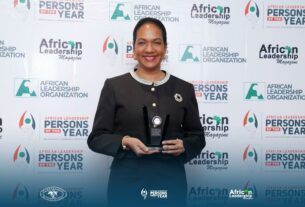Inaugurated on December 30 and 31, 2024, by the company Plantations et Huileries du Congo (PHC), these two brand-new schools, located in the Tshopo province of the Democratic Republic of Congo, pave the way for optimal learning conditions for 480 students.
In a festive and grateful atmosphere, the communities of Lokutu attended the official opening of Bolingo Secondary School, located in the Mwando group of the Isangi territory, and Ngima Primary School, located in the Bolombo group of the Yahuma territory. These reconstruction and modernization projects, fully funded by PHC as part of the social agreements signed with local communities, address a fundamental need: ensuring that children in surrounding villages have access to quality education in dignified conditions.
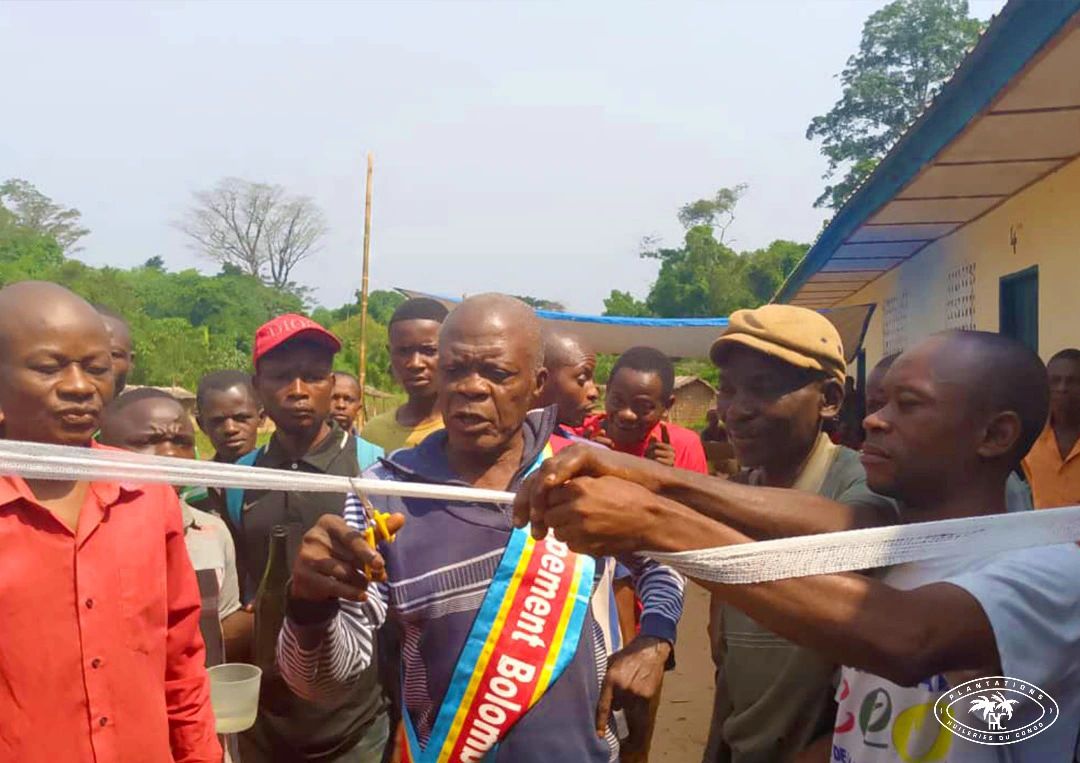
Modern infrastructures for quality learning
These two modern and functional schools were carefully designed to provide an optimal learning environment. Each school includes six spacious and well-ventilated classrooms, each equipped with 20 desks to allow each student to work comfortably. The schools also feature administrative offices, modern sanitation facilities that meet current standards, and other essential equipment to foster a school environment conducive to the development of young minds. In total, 480 students will benefit from these new infrastructures, offering a real relief to these rural communities that have long suffered from the lack of quality educational institutions.
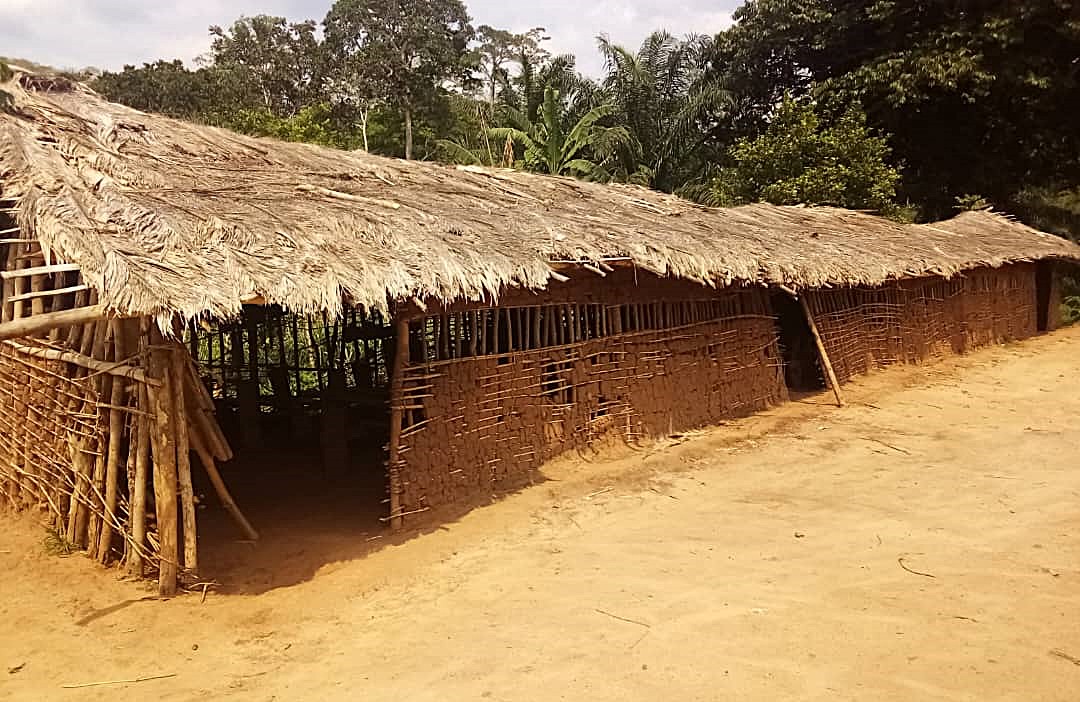
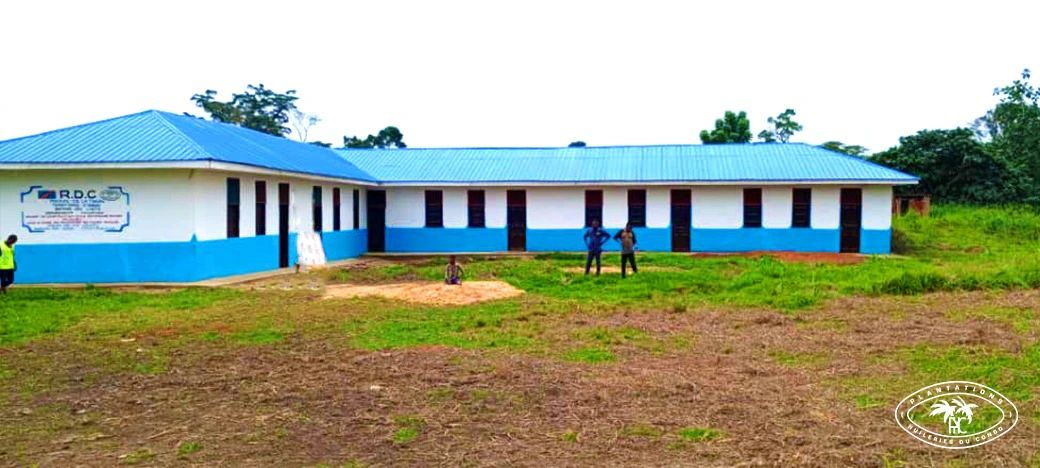
Significant local impact
During the inauguration ceremonies, the leaders of the concerned groups expressed their gratitude to PHC for this crucial investment in the development of their communities. Jean Badé Bombula, chief of the Mwando group, emphasized: “The inauguration of Bolingo Secondary School is a blessing for our community. Our children will now be able to continue their studies in better conditions without having to travel long distances. We thank PHC for this investment that shows the priority placed on our children’s education.”
On his part, Michel Bolonga, chief of the Bolombo 1 group, praised the opening of Ngima Primary School, calling it a “symbol of progress for our community.” “This school will allow our children to learn in a modern and suitable environment, and it will significantly change their daily lives. We are deeply grateful to PHC for its sustainable commitment, putting people at the heart of its actions,” he added.
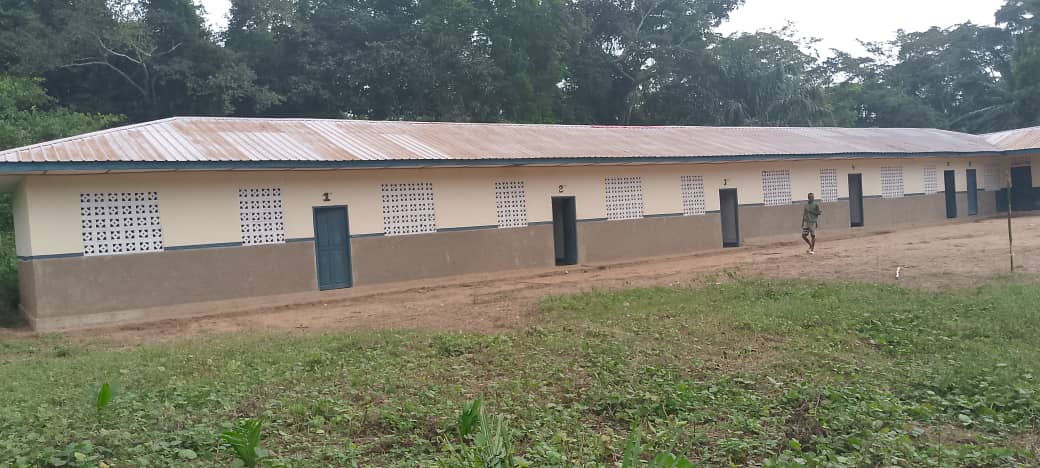
An ambitious vision for education
With the inauguration of these two new schools, PHC, under the leadership of its General Manager Monique Gieskes, continues its goal of strengthening access to education in its operational areas and the most remote parts of the country, contributing to better training for future generations, regardless of their place of residence.
To date, PHC has already built and equipped 28 schools, with nine more under construction. Over 7,000 children from rural backgrounds now benefit from these new educational opportunities, thus strengthening the foundations of a brighter future for young Congolese people.
PHC: a key player in sustainable development
Beyond education, PHC is a major player in sustainable development in the Democratic Republic of Congo. The company, the country’s largest producer of crude palm oil and palm kernel oil, operates in the provinces of Equateur, Mongala, and Tshopo, with three large plantations and factories. Over 10,000 employees work for this company, which is also the largest private employer in the country.
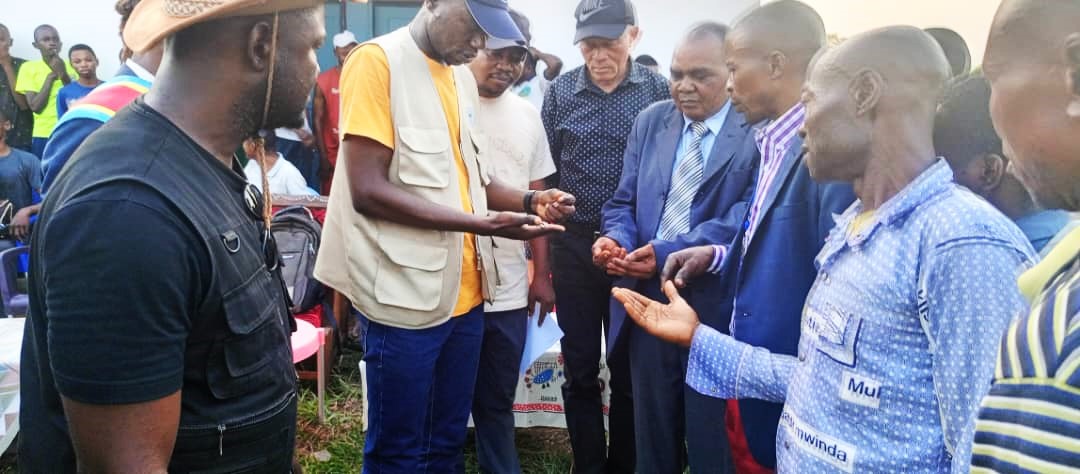
Guided by its ambitious vision “Creating shared prosperity through agribusiness,” PHC continues its commitment to the well-being of local communities. The company leads a variety of social initiatives, including in the areas of healthcare, access to clean water, and, of course, education. It also manages the largest private hospital network in the country, providing healthcare to its employees and nearly 150,000 people living around its sites. The company has installed 72 water wells for its workers and neighboring communities, ensuring vital access to drinking water.

